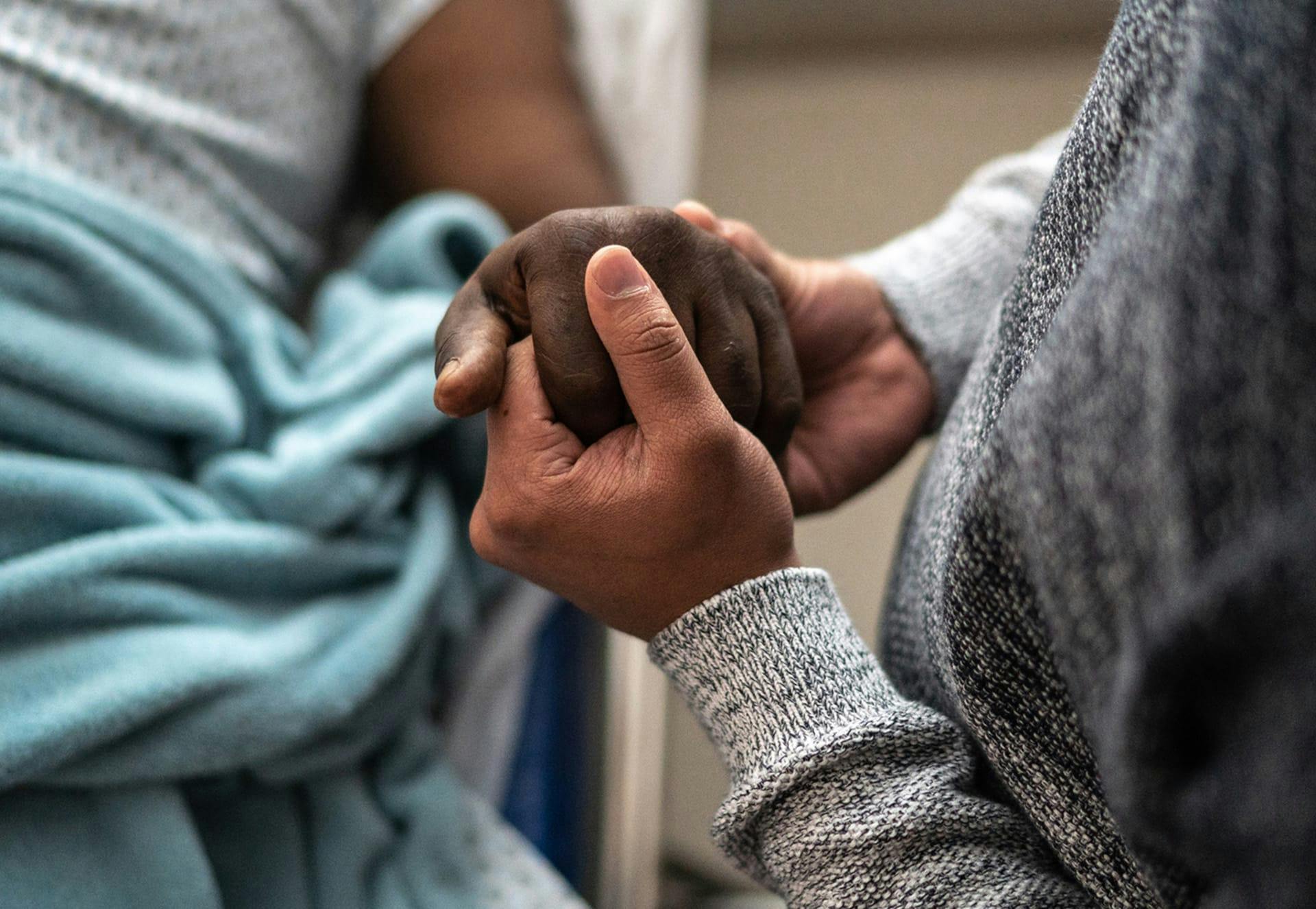Surgical wound complications, including infections, are the top reason patients are readmitted to the hospital. The skilled team at Wound Evolution provides holistic care for a full range of surgical wound complications, creating individualized treatment plans to promote healing and help you avoid going back to the hospital. If you have questions about your surgical wound, call the office in Fort Worth, Dallas, San Antonio, Texas, and Overland Park, Kansas. You can also book an appointment online today.

What Are Some Common Surgical Wound Complications?
Any time your body sustains a cut or incision, whether from surgery or not, you have a risk of complications that interfere with routine wound healing. Because surgery often requires multiple incisions, your risks increase. The two most common surgical wound complications are:
Wound infections
Infections represent the most frequent and severe complication of surgical wounds. Most post-surgery infections occur within a month, causing redness, pain, fever, and pus draining from the wound. If you had a device implanted, it could take up to a year for an infection to develop.
Wound dehiscence
Dehiscence, also called wound separation, develops when your wound doesn’t close. During wound healing, new tissue starts to rebuild the edges of the wound. As the edges grow toward the center of the wound, they eventually meet in the middle, and the wound closes. Dehiscence occurs when the edges fail to meet in the middle, and the wound reopens.

What Factors Increase the Risk for Surgical Wound Complications?
You’re more likely to develop surgical wound complications if you have any of the following risk factors:
- Smoking: Smoking cigarettes diminishes oxygen levels in your body, which inhibits healing.
- Diabetes: High blood sugar leads to many problems that sabotage wound healing and increase your risk of infection, including increased inflammation and depleting your body’s supply of healing cells.
- Obesity: Obesity is associated with impaired healing and a higher risk of dehiscence.
- Malnutrition: Proper nutrition plays a critical role in wound healing. Your body needs extra calories, protein, vitamins, and minerals to support the increased demands of wound healing. Even if you eat a balanced diet, you may not get the high level of nutrients required for healing. This increases your risk of infections and poor wound healing.
- Cancer treatment: Radiation therapy and the drugs used for chemotherapy can inhibit the healing process.


How Do You Treat Surgical Wound Complications?
Wound Evolution offers individualized care for surgical wound complications that includes:
- Wound cleansing
- Debridement of dead and infected tissue
- Preventing skin breakdown around the wound
- Bacterial cultures and appropriate antibiotic treatment
- Creating a moisture balance that promotes healing
- Appropriate dressing
Your provider chooses one of many specialized dressings designed to create the optimal healing environment for your surgical wound complication.



